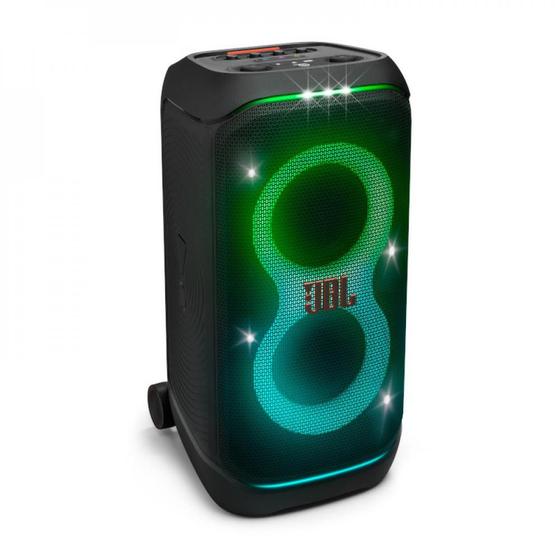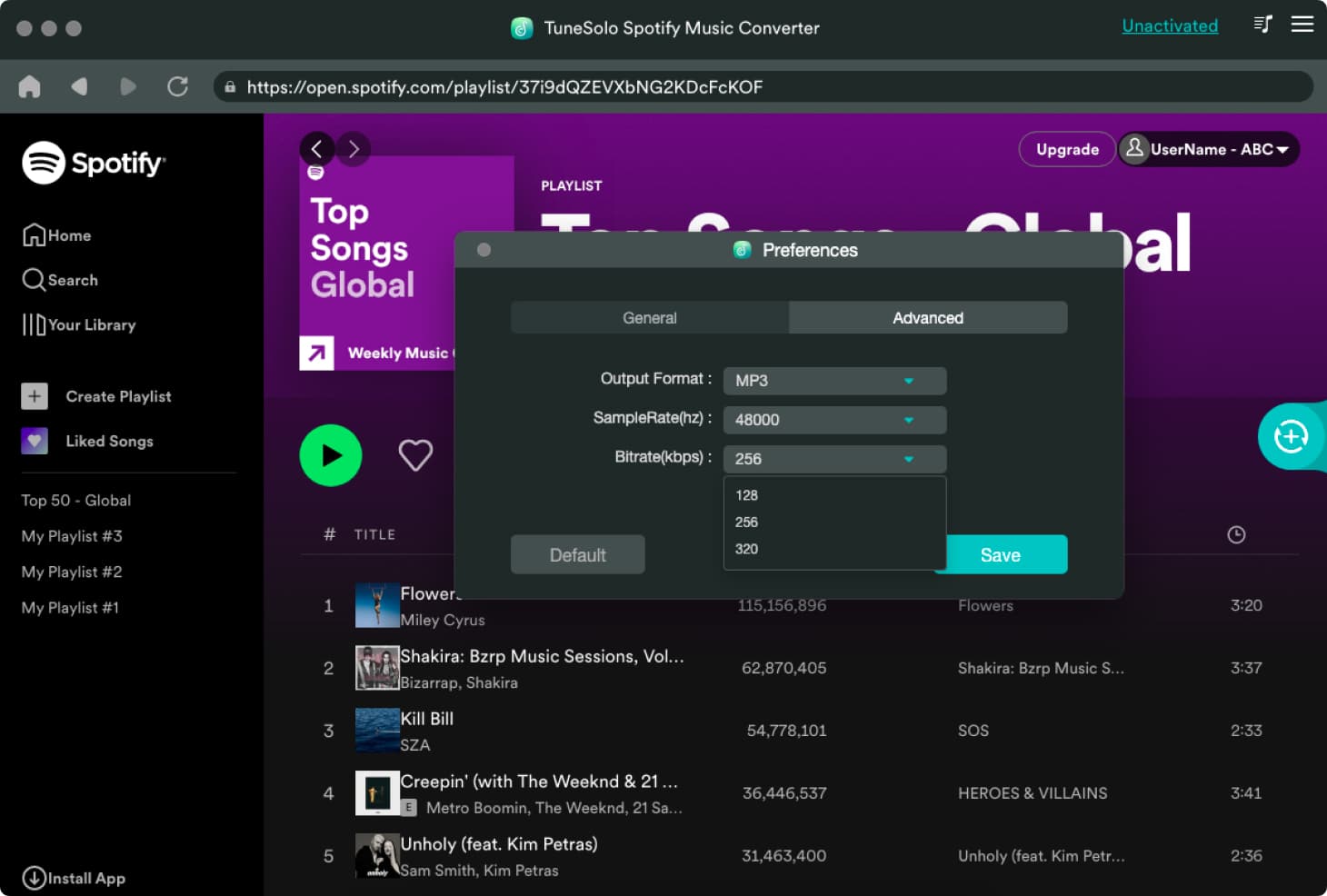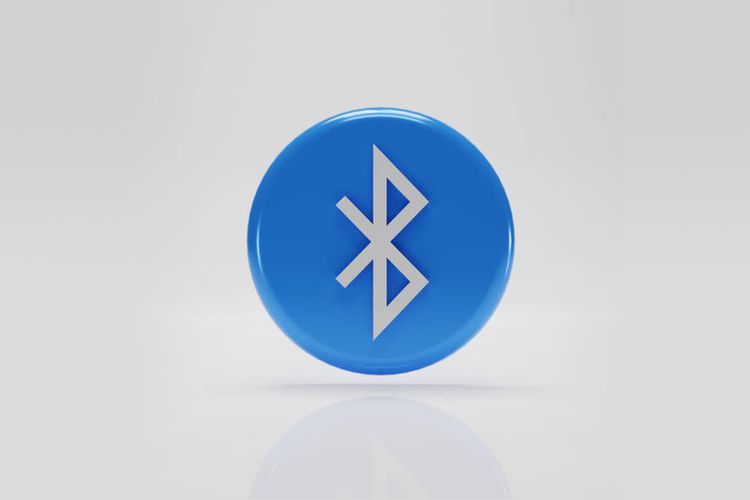Brilliant Tips About Can Bluetooth Handle 320kbps
How Can I Activate Bluetooth?
Can Bluetooth Actually Handle 320kbps? Let's Decode the Mystery
1. Understanding Bitrates and Bluetooth
Ever wondered if your favorite Bluetooth headphones are really delivering the full quality of your tunes? It's a common question, especially when dealing with higher bitrate audio files like 320kbps MP3s. We're going to dive into the world of Bluetooth codecs and see if they can truly handle that sweet, sweet 320kbps stream. Spoiler alert: it's not always a straightforward yes or no, but more like a "it depends!" We'll explain why. And no, this isn't some dry tech lecture; we'll keep it fun and relatable, promise!
At its core, bitrate refers to the amount of data used per unit of time to encode audio. A 320kbps file packs more information than, say, a 128kbps file, resulting in potentially richer and more detailed sound. Think of it like squeezing more juice out of an orange. Bluetooth, on the other hand, is a wireless communication protocol that enables devices to exchange data over short distances. The crux of the matter lies in how Bluetooth handles this audio data transmission.
Now, here's where things get a little technical, but fear not! Bluetooth doesn't just magically beam audio waves; it uses codecs to encode and decode the audio for efficient transmission. Different codecs have varying capabilities in terms of bitrate support, latency (the delay in audio transmission), and audio quality. Some are designed for low power consumption, while others prioritize fidelity. This is crucial because the choice of codec dictates whether Bluetooth can truly handle 320kbps effectively.
Ultimately, the answer to whether Bluetooth can handle 320kbps isn't a simple yes or no. It depends on the codec being used, the Bluetooth version supported by both devices (transmitter and receiver), and even the environmental conditions. Think of it like a highway system — even if the road itself is wide enough (bitrate capability), traffic (interference) can still slow things down!
2. Bluetooth Codecs
Okay, let's talk codecs! These are the little guys that make or break your audio experience. The most common codec you'll encounter is SBC (Subband Coding). It's the mandatory codec for all Bluetooth devices, but it's also the least impressive in terms of audio quality, especially at higher bitrates. SBC often struggles to deliver a transparent listening experience at 320kbps, resulting in some audio degradation.
Then we have AAC (Advanced Audio Coding), often favored by Apple devices. AAC is generally more efficient than SBC and can offer better audio quality at similar bitrates. It can handle 320kbps relatively well, but its performance can still vary depending on the implementation and the specific device. It's like having a slightly better car on that highway; you might get there a bit faster and smoother.
Next up is aptX, a codec developed by Qualcomm. aptX boasts better compression efficiency and lower latency compared to SBC. It supports bitrates up to 384kbps, making it a decent contender for handling 320kbps audio. However, both your transmitting and receiving devices need to support aptX for it to work its magic. No aptX support on one end means you're back to SBC territory, sadly.
Finally, we have aptX HD and LDAC. These are the premium codecs designed for high-resolution audio. aptX HD supports bitrates up to 576kbps, while LDAC can handle up to 990kbps. Both of these codecs can comfortably handle 320kbps and deliver a noticeably superior audio experience compared to SBC or even AAC. They're like having a private jet on that highway; you'll arrive in style and comfort, audio quality-wise.
3. Bluetooth Version Matters, Too
Beyond the codec, the version of Bluetooth your device uses also plays a role. Newer Bluetooth versions (like 5.0, 5.1, 5.2, and beyond) generally offer improved bandwidth, stability, and power efficiency. This means they can handle higher bitrates and more complex codecs more effectively. Think of it as upgrading from a dirt road to a multi-lane highway!
Bluetooth 4.0, for instance, while still functional, might struggle to deliver the best possible audio quality at 320kbps, especially if you're using a less efficient codec like SBC. Bluetooth 5.0 and later versions are generally recommended for a smoother and more reliable experience, particularly with codecs like aptX HD or LDAC.
It's also worth noting that Bluetooth versions are usually backward compatible. However, you'll only get the benefits of the newer version if both your transmitting and receiving devices support it. If you have a fancy new phone with Bluetooth 5.2 but your old Bluetooth speaker only supports Bluetooth 4.0, you'll be limited to the capabilities of the older version.
So, always check the Bluetooth version supported by your devices. It's a seemingly small detail that can have a big impact on your listening experience. Think of it as ensuring that both your car and the road are up to par for the journey.
4. Real-World Performance and Listening Tests
Alright, enough with the theory! Let's talk about real-world performance. The ultimate test is, of course, listening. Grab your favorite headphones or Bluetooth speaker, cue up some 320kbps tracks, and give it a listen. Pay attention to the details: Are you hearing all the nuances in the music? Is the sound clear and crisp, or does it sound muddy or compressed? The results can vary depending on your equipment and your own hearing capabilities.
Conducting A/B testing can be insightful. Try comparing the same track streamed over Bluetooth (using different codecs if possible) to listening through a wired connection. This helps you identify any potential audio degradation introduced by the Bluetooth transmission. You might be surprised by what you discover!
Consider your listening environment. Wireless interference from other devices (Wi-Fi routers, microwaves, etc.) can impact Bluetooth performance, especially in crowded areas. Try moving to a less congested location to see if it improves the audio quality. Sometimes, simply repositioning your devices can make a difference.
Keep in mind that audio perception is subjective. What sounds great to one person might sound mediocre to another. The best way to determine if Bluetooth can handle 320kbps for you is to experiment and listen for yourself. Trust your ears! And maybe get a second opinion from a friend with a keen ear.
5. Optimizing Your Bluetooth Audio Experience
Okay, so you've assessed the situation. What if you're not getting the best possible audio quality from your Bluetooth setup? Don't despair! There are a few things you can try to optimize your experience. First, check your device settings to see if you can manually select a different Bluetooth codec. On Android devices, this option is often found in the developer settings (which you may need to enable first).
Update your device firmware. Manufacturers often release firmware updates that include improvements to Bluetooth performance and codec support. Make sure your phone, headphones, and other Bluetooth devices are running the latest firmware versions.
Minimize interference. Keep your Bluetooth devices away from other sources of wireless interference, such as Wi-Fi routers and microwaves. Also, avoid placing your devices in areas with thick walls or metal objects, as these can block the Bluetooth signal.
Consider upgrading your hardware. If you're serious about audio quality, investing in Bluetooth headphones or speakers that support high-resolution codecs like aptX HD or LDAC can make a significant difference. It's like trading in that old clunker for a sleek, high-performance machine!
Frequently Asked Questions (FAQs)
6. Q
A: It depends! If you're using a codec like SBC, the difference might be subtle or even negligible, especially if you're not using high-quality headphones. However, with a codec like aptX HD or LDAC, and good headphones, you should hear a noticeable improvement in detail and clarity.
7. Q
A: Not necessarily. Bluetooth 5.0 offers improvements in bandwidth and stability, but the actual audio quality still depends on the codec being used. Bluetooth 5.0 simply provides a better foundation for codecs like aptX HD and LDAC to perform optimally.
8. Q
A: Make sure your transmitting device (e.g., your phone) also supports aptX. If it doesn't, you'll be falling back to SBC. Also, check your device settings to ensure that aptX is actually being used. Interference or low battery on either device can also affect the audio quality.

320kbps Vs. Lossless Audio Understanding The Difference


Descarga De Canciones 320 Kbps Cómo Encontrar Música Alta
